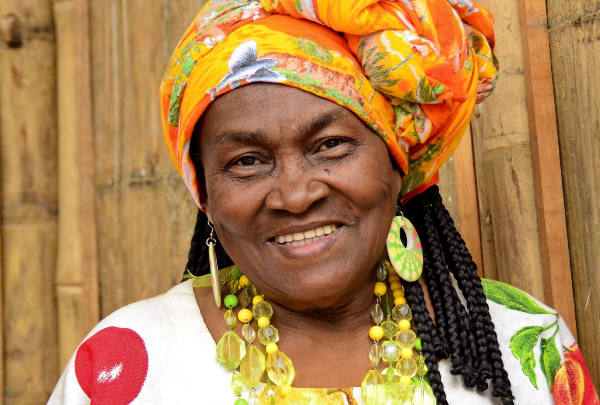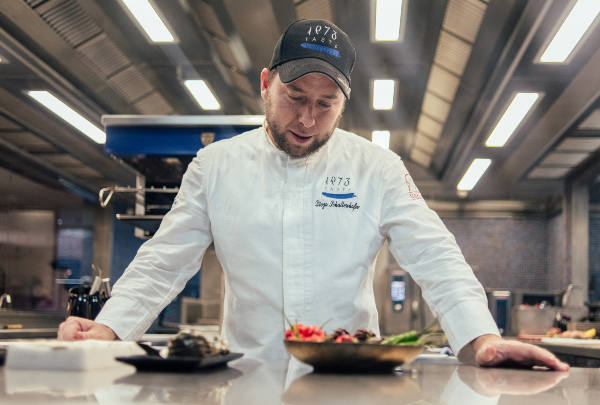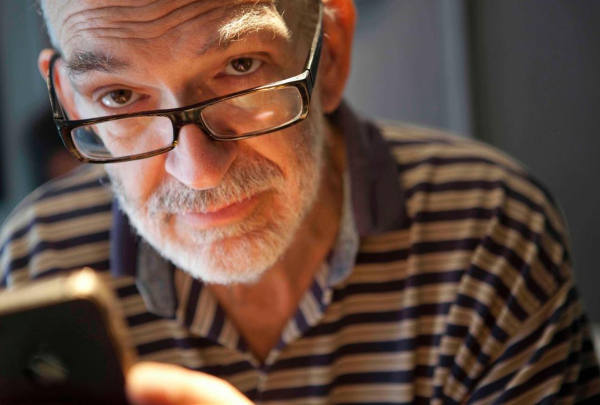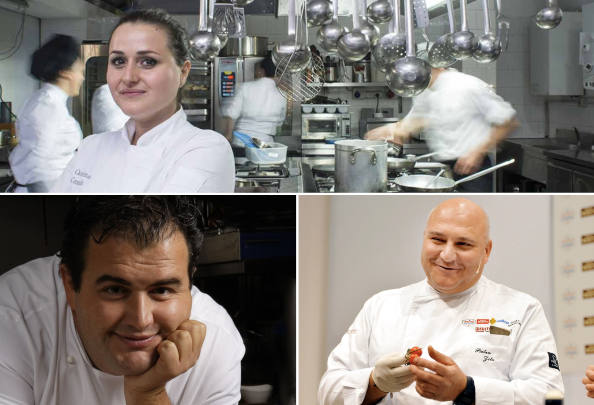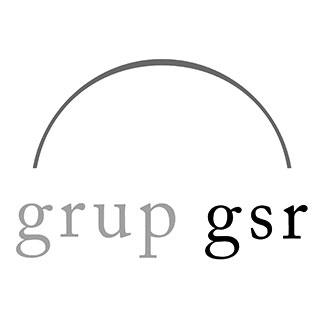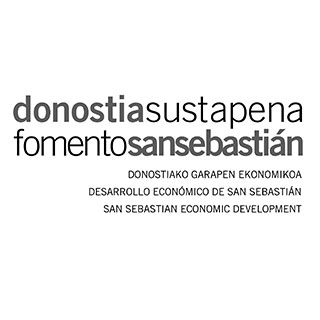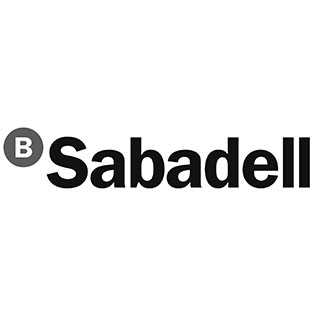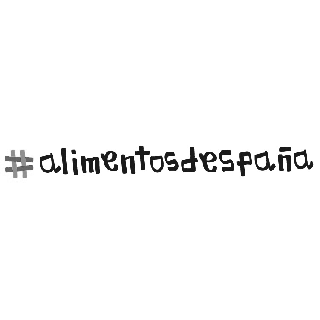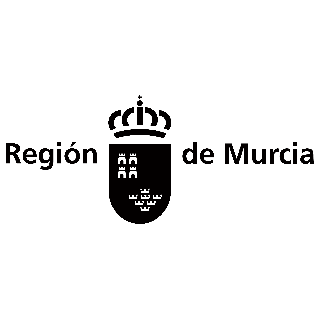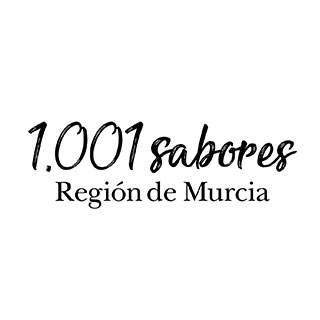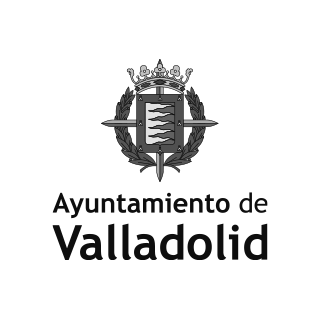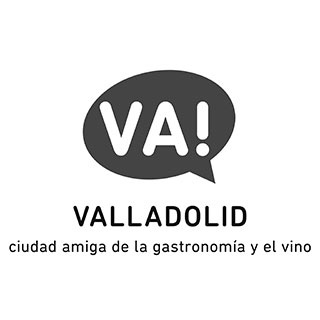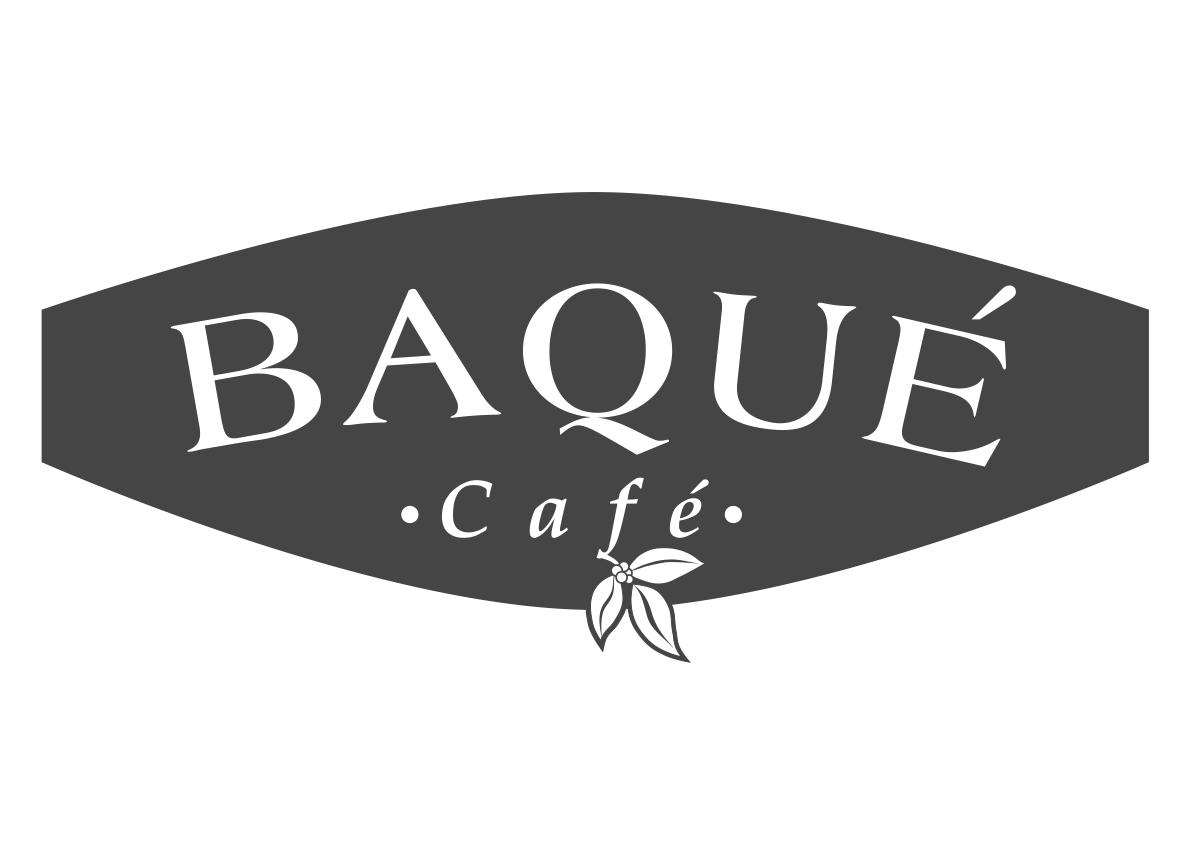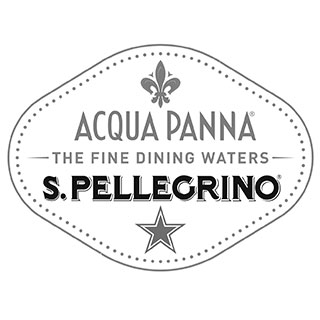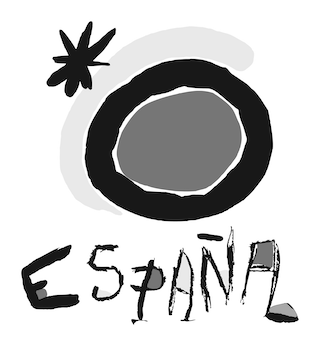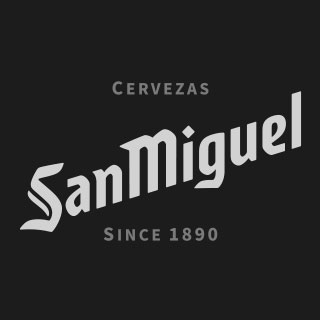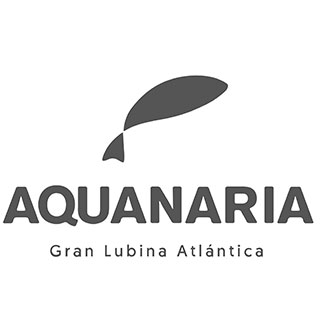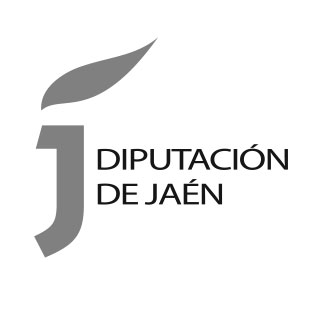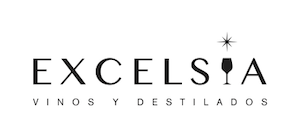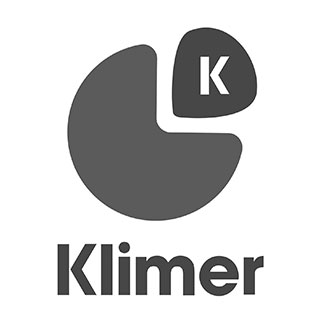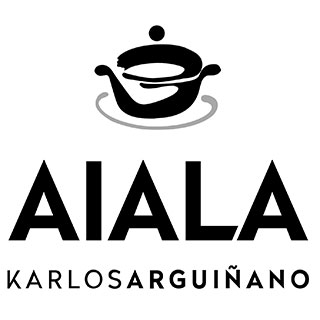Interview
Julie Andrieu: “Popular cuisine is one of the most accurate ways to understand a country"
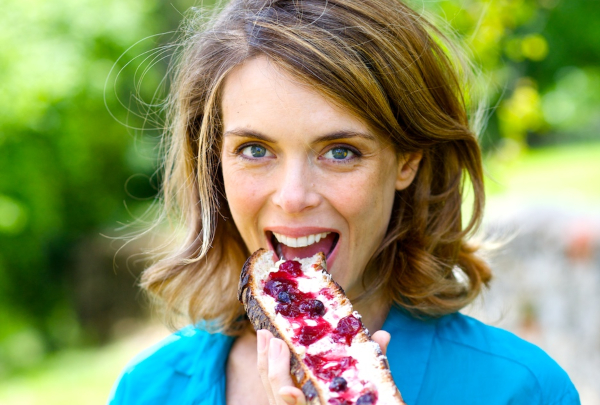
Flamboyant Pau Albornà i Torras Gastronomic Journalism Award 2021.
French journalist Julie Andrieu was in San Sebastián to take over from Ignacio Medina as the winner of the "Pau Albornà i Torras" Gastronomy Journalism Award, and she certainly did so with a smile on her face. The same smile that has been with her in 20 years of reporting her love for gastronomy, chiefly on French television.
The daughter of a famous actress, Andrieu does not consider herself either a journalist or a chef, although she might well excel at both these facets. She is definitely a communicator, and this facet allows her to talk with a certain amount of authority on the evolution and current status of both the profession (journalism) and the sector (gastronomy). A staunch supporter of local rural cooking ("Cooking that has invented everything") and the "magic irregularity of cookery", she singles out and explains connections between the cuisine of her own country and Spanish cooking, but she goes for pasta if she has to choose. Let's find out a little more about the ...
Tenth winner of the Pau Albornà i Torras" Gastronomy Journalism Award”, Gastronomika's prize for the best facet of gastronomy journalism. Congratulations!
Thank you. It was a big surprise, a great honour and, most especially, an immense pleasure. Along with the French, Spaniards have been the biggest fans of “Les Carnets de Julie” (her latest television programme), to my surprise and delight. They even recognise me walking down the street more than in France! I've never been to Gastronomika before, even though it's one of the primary barometers of world gastronomy. I'm not a chef, so I didn't necessarily feel it was my place. I could never have imagined being consecrated as a journalist at this congress, but I'm delighted.
Well, you have been consecrated, as the organisation says, for helping to convey the values of gastronomy.
I like this award, because it sits well with my personality. I've always wanted to be a communicator, putting the knowledge of the "greats" into simple language, and encouraging others to discover and understand the difference, that otherness. Appreciating this, but also relativising my own culture, has always been a driver for me. I feel sure that popular cuisine is one of the best ways of understanding a country and a culture. You can find out a lot about someone by what they eat ...
This year Gastronomika will be featuring a dialogue between France and Spain. Are the two countries complementary from the gastronomic point of view?
Of course! Like Spain, France is surrounded by the Mediterranean. Both of them are mountainous countries where gastronomy is an essential component. Many of their recipes have the same roots: their stew is very similar to our pot-au-feu. We also share a veneration of ham and charcuterie. "Crema catalana" is definitely the origin of our crème brûlée taken to a superior plane by Joël Robuchon. The "fabada" in Asturias bears a surprising resemblance to our cassoulet. And Galician octopus is practically identical to the octopus they cook in Marseilles. I was lucky enough to witness an encounter between Ferran Adrià and Michel Guérard. Ferran was quite emotional, and he told Michel he was a maestro for him, and that his books had aroused his passion for cooking. Moments like that really shape your life.
You're young, but you've spent more than half your life reporting on cookery. How did you get into all this?
Thanks for saying I'm young ... (laughter). I don't feel so young, and I quite like that. I'm not one of those people who's always pursuing their youth. Going back to the subject: I got "into cooking", without realising it would become a profession. I was 22, and I'd already been in two different professions: photographer and real estate agent. I was so bored in the property sector. The passion for cooking was aroused in me by my boyfriend at the time, a gourmet, and I decided to cook the recipes we liked to eat at our favourite bistrots: bird liver tarrines, pigeon and peas, chicken with Morchellaceae fungi, royal hare ... no-nonsense traditional recipes.
It's a good way to start out ...
The people around me were so impressed that it spurred me on (cooking wasn't a part of my family's culture, and it wasn't so fashionable yet). Because my mother is an actress, I was kind of familiar with that environment, and I realised that television needed cookery programmes. What it needed was a programme on contemporary cooking, with no complexes, for all kinds of viewers, even for people who, like me, didn't have any real culinary background. Television channels were controlled by men who felt that cooking wasn't a source of entertainment. And yet, years later, you can see what's in the prime time slots (Top Chef, Master Chef, "Pesadilla en la Cocina" [Nightmare in the Kitchen] etc.). Viewers' perceptions have changed. Cooking has been desanctified. Originally an issue that was reserved for those in the know (thanks to their education, social media or learnings), and often seen as a domestic chore, cooking has become a hobby, a vehicle for artistic expression and communication. A language and a social foundation.
Let's go back to your beginnings. You started work very early on in life ...
I began work at 17, after my school exams. I wanted to start as soon as possible. I took photos to fund my travels. I went to India, Cuba, Nepal and Sri Lanka alone, backpacking. I became a photographer. I wanted to be a reporter and cover international news stories, major conflicts, be there on the ground, but I realised that was detrimental to my private life. I was in love, and probably not sufficiently motivated. But I still had that desire to report, and I focused on cooking, which was much less risky ... (laughter). But I never thought about becoming a chef. I wasn't sedentary enough, and too much of a loner. I couldn't picture myself working within the four walls of a kitchen. But I was lucky enough to get some stints in the kitchen with Alain Ducasse and Alain Passard.
Being able to actually touch the crazy requisites of haute cuisine, and the immense talent of its creators, finally brought it home to me that this profession could be carried out as a kind of art. But it also worked out a place for me: what I had done with photography (travelling, discovering, exploring etc.), I was going to do with cooking as well. Convey techniques and savoir-faire, but also create links between human beings and culture. When I was offered my first chance in cookery, I suggested a programme with a combination of cooking and travel. I didn't have the means to do it at that time, but I persevered, and four years later I sold the programme to Cuisine TV, and after that to France 5. I spent twelve years travelling the world, in a whirlwind of flavours and encounters which were incredibly fulfilling.
What is your goal when you do what you do?
To demonstrate that cookery is a comprehensive component of a country's heritage. To show that cookery can help us understand its geography, its history, its migratory flows and its economy ... but also to show that without artisans there can be no gastronomy. Their recipes and their savoir-faire are often under threat from globalisation and foreign competition. We have to give them back their nobility.
If I were to ask you what you are, what would you say? A chef who communicates? A journalist who cooks?
Even I don't know the answer to that one. I'm a journalist in that I go after information, a story that makes sense and creates empathy. And I'm a chef because that's the most essential part of my professional knowledge. But I really don't like to be pigeonholed. Sometimes young people come up to me and say: “I dream of doing your job ... but what is it?” I find that so funny! My profession isn't just one thing. It's a passion that can be exercised in many different forums (press, radio, critiques, television, publishing, production etc.). I think that the new generations aspire to this fluidity, this mixture of genres guided by a clear, powerful passion.
How has the emergence of social media affected your career?
They're a direct means of communication which I love because they represent a break with the establishment, and with a kind of "entre nous" that can stymie the emergence of young talent. I use them to convey the things I instantly like, and very recently to post my recipes I make all alone in my kitchen. It's complete freedom! But I do also realise that social media usher in a narcissism which is disturbing, especially in young people who don't have the distance that older people may have with regard to this communications format. You have to find a way of keeping your garden secret. My philosophy might be: “To live a happy life, we should live in hiding”, which doesn't go down well in the modern age. Let's try to be before we do, and to do before we show.
I had the enormous luck of meeting Henri Cartier-Bresson, one of the 20th century's greatest photographers. I showed him the photos I'd taken around the world. He gave me this precious advice which also goes beyond photography: “If you want to be a photographer, stop taking photos for a year. Take the time to focus your gaze on your surroundings". It was prophetic advice for an era in which we live at 1,000 per hour, which shows you everything, but doesn't stand around and simply take things in.
You've travelled all over France and part of the world with your programmes. Can you choose a region or a recipe? What has surprised you the most?
There are so many ... ten years with the programme, and almost 300 locations! I remember an old dear in Les Landes, near Spain. She was cooking a freshwater fish, a big one, very cheap, and tasty, but not so well known because it was covered in spikes: the streaked prochilod. To melt the spikes, perfume the fish and cook it with no need to check it constantly, she bathed it in local sweet white wine, added some plums from her garden, and let it cook in a corner of the stove for about 48 hours. The result was sublime. She was cooking at low temperature before great chefs were doing this, and she didn't even know it. Her fish confit was creamy, steeped in sugar from the wine and the fruit, and it was like a Japanese eel. Country cookery has invented everything!
Let's move up a little. Which ingredient or recipe from your travels around the world would you cook every day? Which place in the world would you recommend travelwise?
I cook pasta almost every day. Or I'd like to. I'm mad about it. I'm very strict on quality and cooking times, and I never make the same sauce twice. It's a bit like Spanish rice: you can add whatever you like as long as the basic ingredients are good, we're aware of cookery rules, and don't add in too many contradictory flavours. Less is more, isn't it? The Lebanon, Japan or Italy would definitely be countries where I could live, from the culinary point of view.
Are you interested in gastronomy guides? Do they give us a better understanding of gastronomy? What is your opinion of Michelin? And what about The 50 Best?
Michelin started all this off. The guide was first used to sell tyres, and it decentralised gastronomy. It led to travel, discovery, it showcased up-and-coming chefs who would probably be unknown if it weren't for the guide. But it also swallowed up some of them who were only out for the stars. Often due to economic necessity. The guide's monopolistic stance gave it such a finalistic role. Today there are many more opinions, and customers are more prone to trust other customers on Internet. It's another kind of pressure, more anonymous, which may lead to the uniformisation of cookery. Today's guides are taking over the function of discoverers. The regularity of quality is sanctioned immediately by diners on Internet, but the professional staff drawing up guides must continue to seek out the greats of tomorrow.
50 Best has broadened the field of operations. It had the advantage of motivation for gastronomes to travel beyond their own countries. Taking them closer to cooking. Like René Redzepi, a far cry from the academicism linked to the emergence of great chefs in France. But that's not pure gospel either. What makes gastronomy great is irregularity tending towards regularity. The restaurant floor is never the same twice over, and nor is the cooking. I've seen that hundreds of times. There are some magic moments. Alchemy between the status of the diner, the status of the chef, the recipe chosen, the season, and some je ne sais quoi in the atmosphere. And then there are failures or misunderstandings in the same restaurant for another customer, and even on the same day. Cooking, like art, is subjective and random. “Eat up quickly, your lifetime is very short, it'll be gone before you know it”, was what the immense chef Jean-Marie Amat whispered in my ear. What better way to express the magic of cookery?
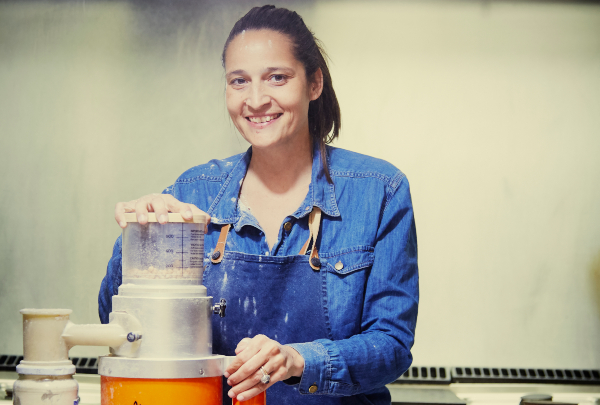
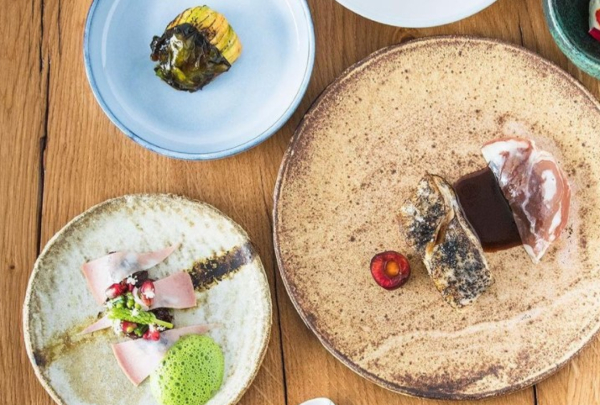
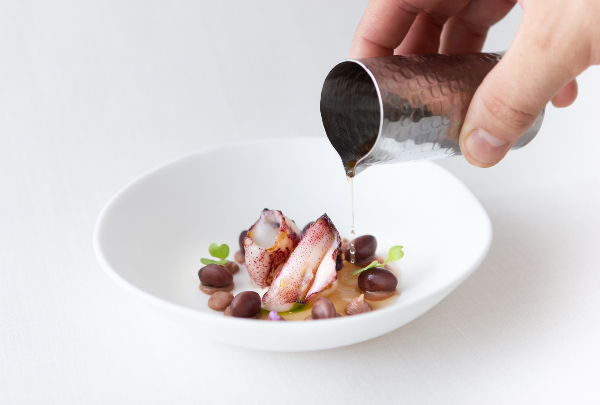
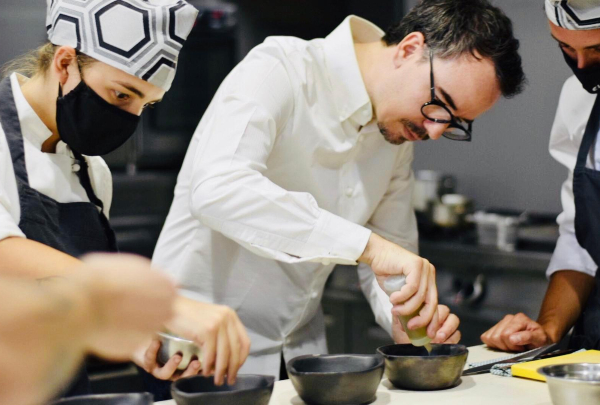
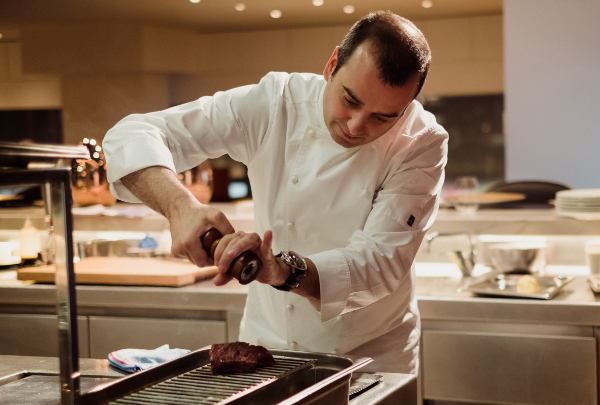
.jpg)
